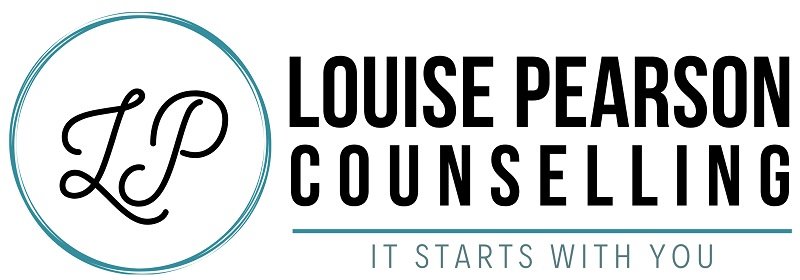When you have been diagnosed with a chronic illness like MS, or a disability where your physical or cognitive abilities are challenged, I find that one of the things appearing in my counselling room, is the fear of how life as you know it now, is going to change in the future.
It is something people think about a lot, but it is also something which is very difficult to talk about with family and friends.
In essence, fear is related to vulnerability, and for many people, when things are out of our control, fear is the result. When we don't know the shape that that vulnerability is going to take, or if we can't be sure that things will in fact change much at all, that fear can be paralysing. If we do talk about it, our loved ones will often tell us not to worry, and to "let the future take care of itself".
Now in truth, although it's hard to hear, there is something in that. When we worry about something now that might happen at some stage in the future, in our rational moments, we know the worry is not going to make things better when the future arrives. We also know loved ones are often encouraging us to use strategies they use, because fear of the future is something everyone experiences from time to time; — "how will I cope if my partner leaves me, or dies before I do?" or "how will I cope if I lose my job and can't pay the mortgage?"
However if you have a chronic illness or disability, I think it's also true that there is a whole extra layer of fear for you. You might experience these fears that everyone else has, but you might also have the spectre of your future self hanging over your head. Also, if you've read up on current literature and research, you might be fuelling your fears with current statistics about things like probable prognosis, predictors of your care needs, and so on.
What I often say when addressing these issues with my clients, is it's like you have experienced a trauma, but in reverse. Instead of being dogged by flashbacks to traumatic events that have happened in your past, you are visited by flash-forwards, when pictures spring to your mind of how things might be for you at some unnamed date in the future. And sadly, I don't have any amazing way to clear these fears away for you, but I do think there are a couple of quick points to make on this subject, which some of my clients tell me they find helpful.
Firstly, just acknowledging these fears can be helpful; and having someone in your life who understands that they are traumatic for you. So, I urge you to talk about it to people in your personal life who can give you the space that you need to express your fears. If you find it hard to talk, you could also consider using paper. Write your thoughts down in a journal, draw a picture, or use another form of art to get your fears and feelings out.
Secondly, try to ground yourself in the here and now. Yes, things might change ten years from now, but in fact right now, you are here in 2019, as you are. To remind yourself of that, try picking up your mobile phone and looking at the date on the screen; you don't know what will happen then, but you do know about now. Alternatively, try out some of the mindfulness meditation apps or a video on YouTube, to help you to stay in the present moment.
And thirdly, while worrying might not help, doing some planning might allay your fears a little, especially if you are someone who likes to look at contingencies. Find out about the supports provided by the National Disability Insurance Scheme for example, look at your superannuation entitlements just in case you ever need to call them in; explore any options that you have for giving yourself back some control.
And my bottom line? — If you find yourself experiencing panic, or if these thoughts are intruding on your day, then remember you are not alone. Reach out and seek some help, for coping with these thoughts and fears; join an online forum, go to a support group, or see a counsellor.

